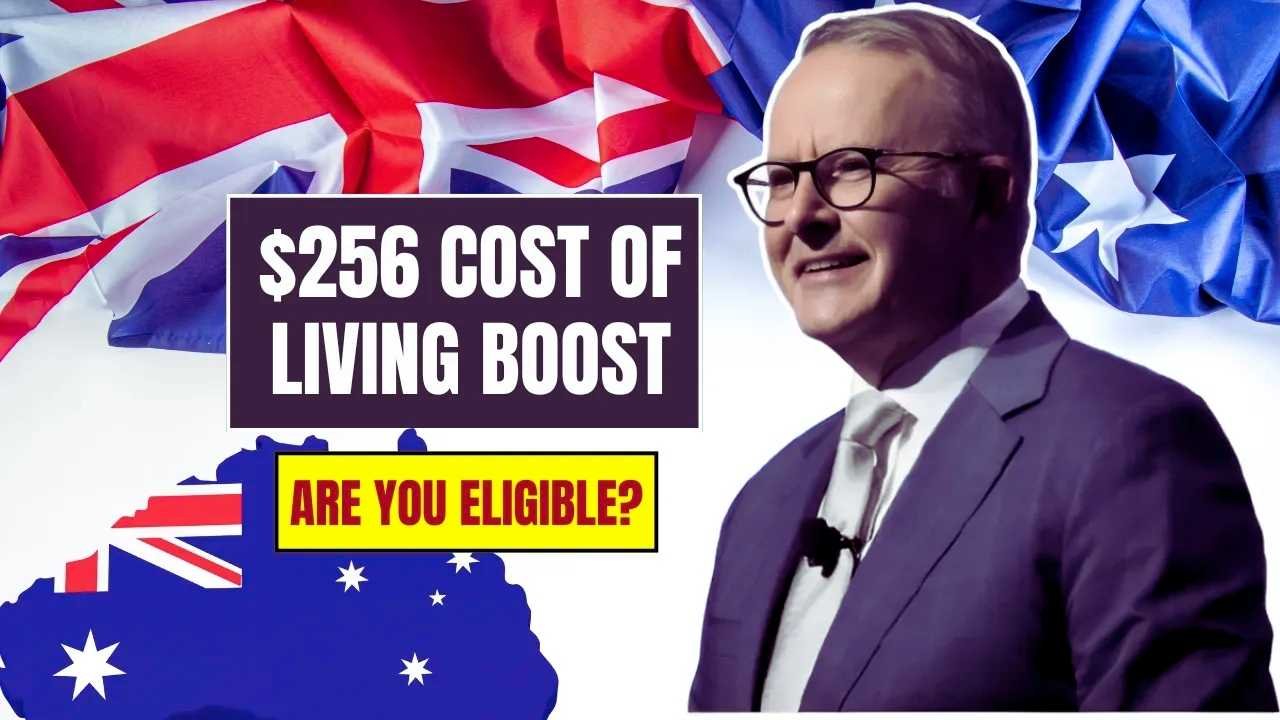A new £200 cost of living payment is set to hit bank accounts across the UK in June 2025, offering a much-needed lift for millions struggling with rising bills. Announced by the government, this one-off cash boost aims to ease the pressure on households facing higher energy, food, and fuel costs. But not everyone will qualify, and the rules are strict. Here’s everything you need to know about who’s eligible and how it works.
Who Can Claim the £200?
The payment targets low-income households, pensioners, and those on specific benefits. To qualify, you must be receiving certain means-tested benefits or tax credits during a set period, likely April or May 2025. The government hasn’t confirmed the exact dates yet, but they’ve promised clarity soon. If you’re on benefits like Universal Credit, Pension Credit, or Child Tax Credit, you’re likely in line for the cash. Those not on benefits but struggling may miss out, which has sparked some debate.
| Benefit | Eligible for £200? |
|---|---|
| Universal Credit | Yes |
| Pension Credit | Yes |
| Child Tax Credit | Yes |
| Working Tax Credit | Yes |
| Income Support | Yes |
| Jobseeker’s Allowance | No |
How Will It Be Paid?
The £200 will land automatically in your bank account if you’re eligible, so there’s no need to apply. The Department for Work and Pensions (DWP) will use existing benefit records to identify who qualifies. Payments are expected to roll out over a two-week period in June, with most seeing the cash by the end of the month. If you don’t get it by early July, the DWP advises contacting them to check your eligibility.
Why Is This Happening?
With inflation still biting and energy bills expected to rise again in 2025, the government is stepping in to help. The £200 payment follows similar schemes in recent years, like the £300 cost of living payments in 2023. Critics argue it’s a short-term fix and doesn’t tackle bigger issues like wage growth or energy prices. Still, for many, this cash will be a lifeline to cover essentials like groceries or heating.
What If You Miss Out?
If you’re not on the listed benefits, you won’t get the payment, even if you’re struggling. The government says it’s focusing on those already in the benefits system to keep things simple. However, local councils may offer extra support through schemes like the Household Support Fund, so it’s worth checking with your council. Some charities are also stepping up with grants or food aid for those in need.
The £200 boost is a welcome relief for millions, but it’s not a cure-all. With costs still climbing, many will need to budget carefully to make the money stretch. If you think you’re eligible, keep an eye on your bank account in June. For those who miss out, exploring local support could be the next best step.




Will I get it